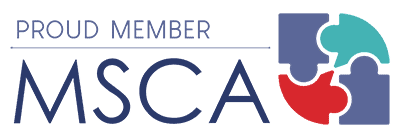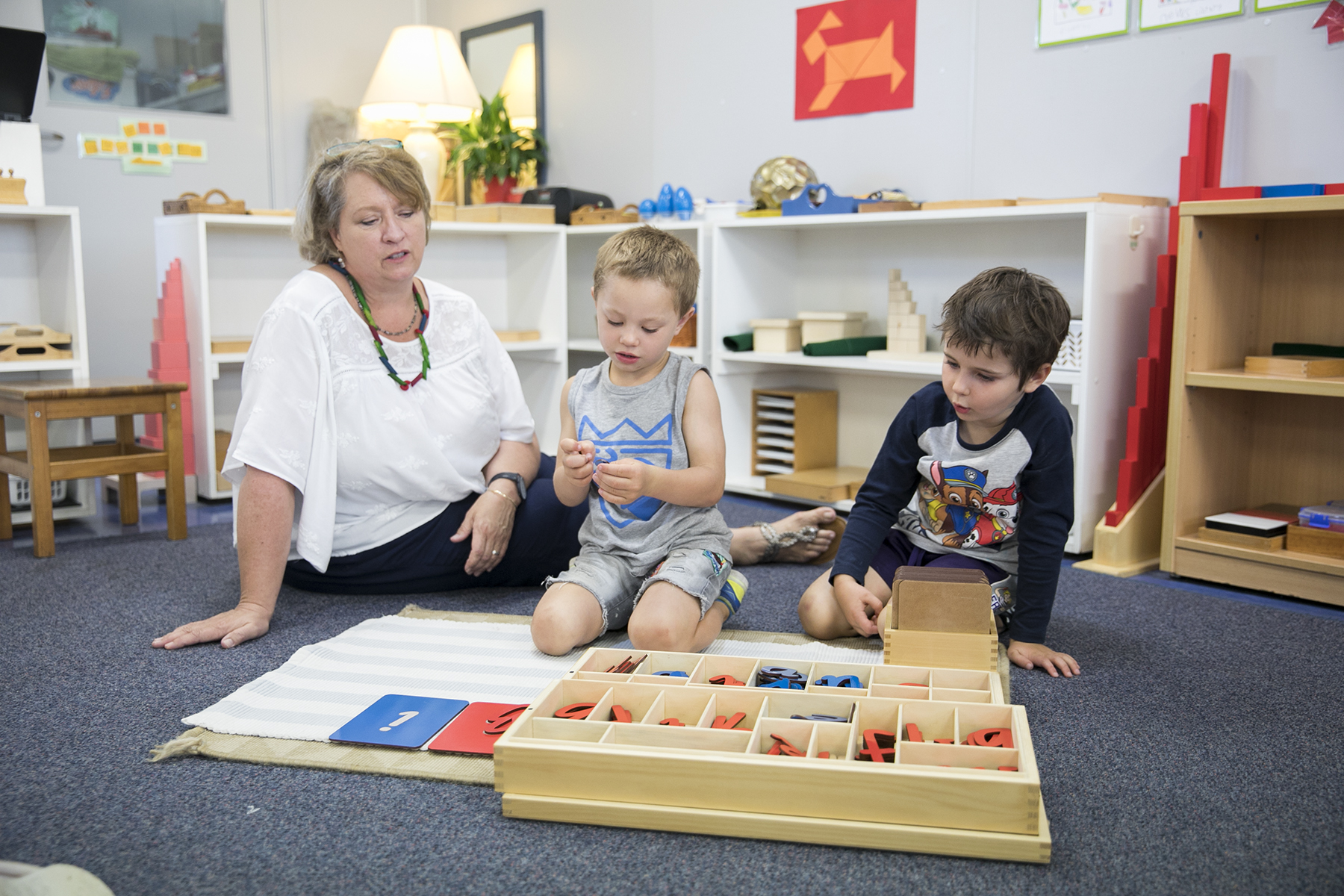Children’s House (3 to 6 years)
Rockingham Montessori School’s Children’s House classrooms are led by a dedicated and highly-trained Montessori teacher and education assistant.
Montessori children begin Children’s House around the time of their third birthday. They attend five mornings a week, between 8:30 am and 11:45 am.
When their teacher considers them ready, four-year-olds will gradually transition to attending full days, from 8:30am to 3:00pm. Five-year-olds attend five full days a week.
Our Children’s House educational program is divided into five areas and provides every opportunity for children to achieve the outcomes of the Early Years Learning Framework for Australian Early Childhood. The five areas are:
- Practical life exercises (including Health and Physical Education)
- Sensorial materials
- Language
- Mathematics, and
- Cultural activities (Science, History and Geography, The Arts, Technology & Enterprise).
The Children’s House introduces children to a wide range of sensorial materials with which they explore the world; for example, music bells to strike and match, sound cylinders for shaking and matching, and sandpaper tablets giving experiences of rough, rougher, roughest, and a tower of cubes to demonstrate volume. These and other materials help the child to develop a sound base for learning through the use of language and mathematical materials.
The children are also provided with experiences in practical living: cooking, brushing and polishing for example. There is a kitchen area in which everything is scaled down to a size easily used by children. These real-life activities develop confidence and manual dexterity and provide a link between what happens at school and at home.
In the Children’s House, children may work independently or with the teacher, individually or in small groups. The classroom is calm and has a sense of order, and the children are busy and focused on their tasks.
Montessori on child development from 3 to 6 years
The 3 to 6-year-old child is undergoing a process of self-construction. Acquisition of one’s own first culture is the child’s central developmental drive in the first plane of development. The Children’s House environment serves this drive abundantly, bringing the world to the child. Globes, maps, songs, land forms, collections of pictures of life in different cultures, and much more, is offered, with the aim of helping the child to grow as an individual appreciating the larger context of their world.
The main areas in the Children’s House program are:
- ‘Practical Life’ links the home environment with the classroom and encompasses control of movement, care of person, care of environment, and grace and courtesy.
- ‘Sensorial’ provides a sense of order to the child’s world and begins to develop capacities for distinction, classification and abstraction using sensory materials with precise language.
- ‘Language’ is developed holistically. Oral language is facilitated through a variety of activities such as songs, games, poems, stories and classified language cards. Reading and writing alongside the power of language begins with alphabet symbols and story-telling.
- ‘Mathematics’ is a language for understanding measurable relationships that link the concrete and the abstract. The child has seen the distinctions of distance, dimension, graduation, identity, similarity and sequence, and will now be introduced to the functions and operations of numbers.
Considerable emphasis is also placed on Creative Arts, Music, Science, Geography and Cultural Studies.
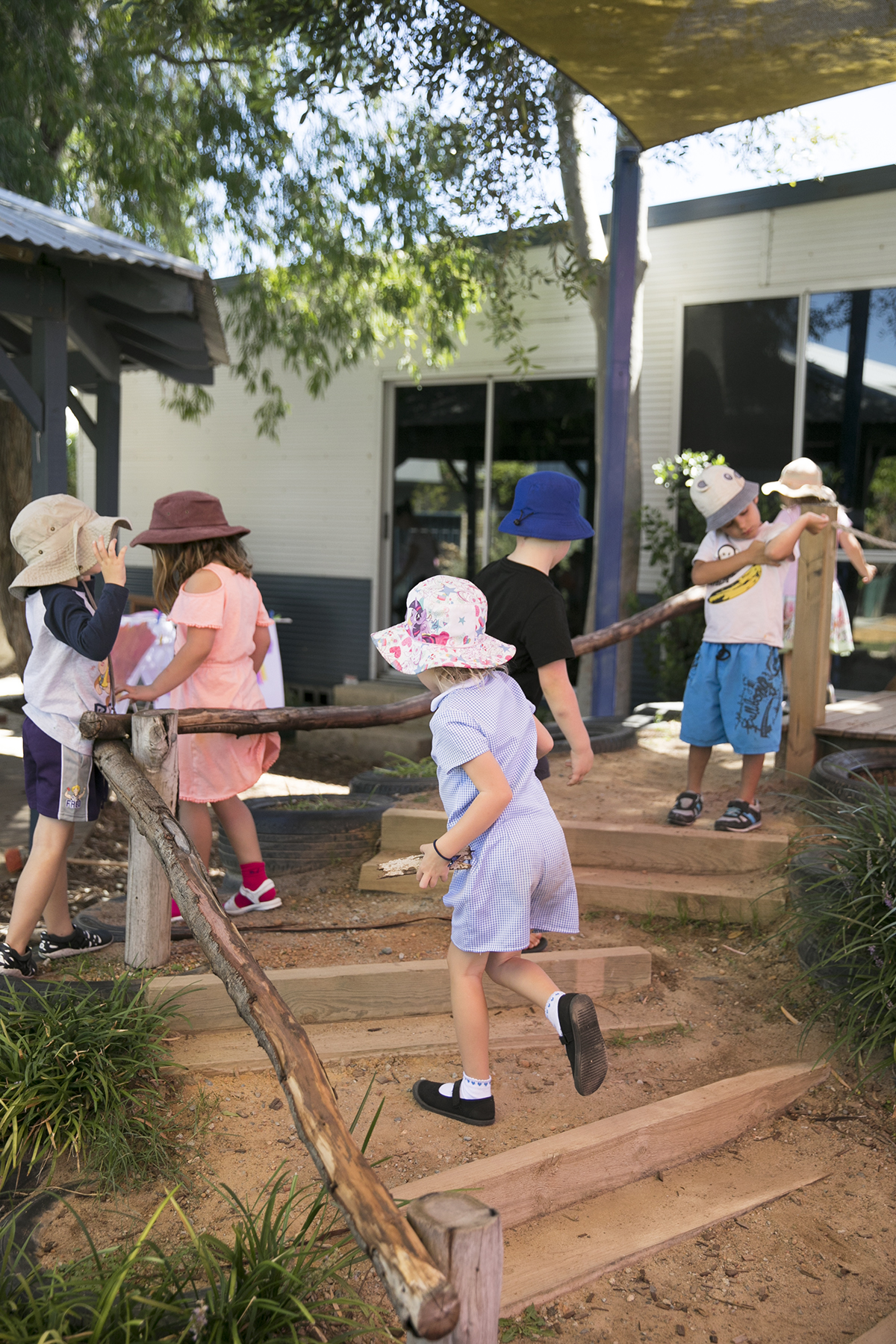
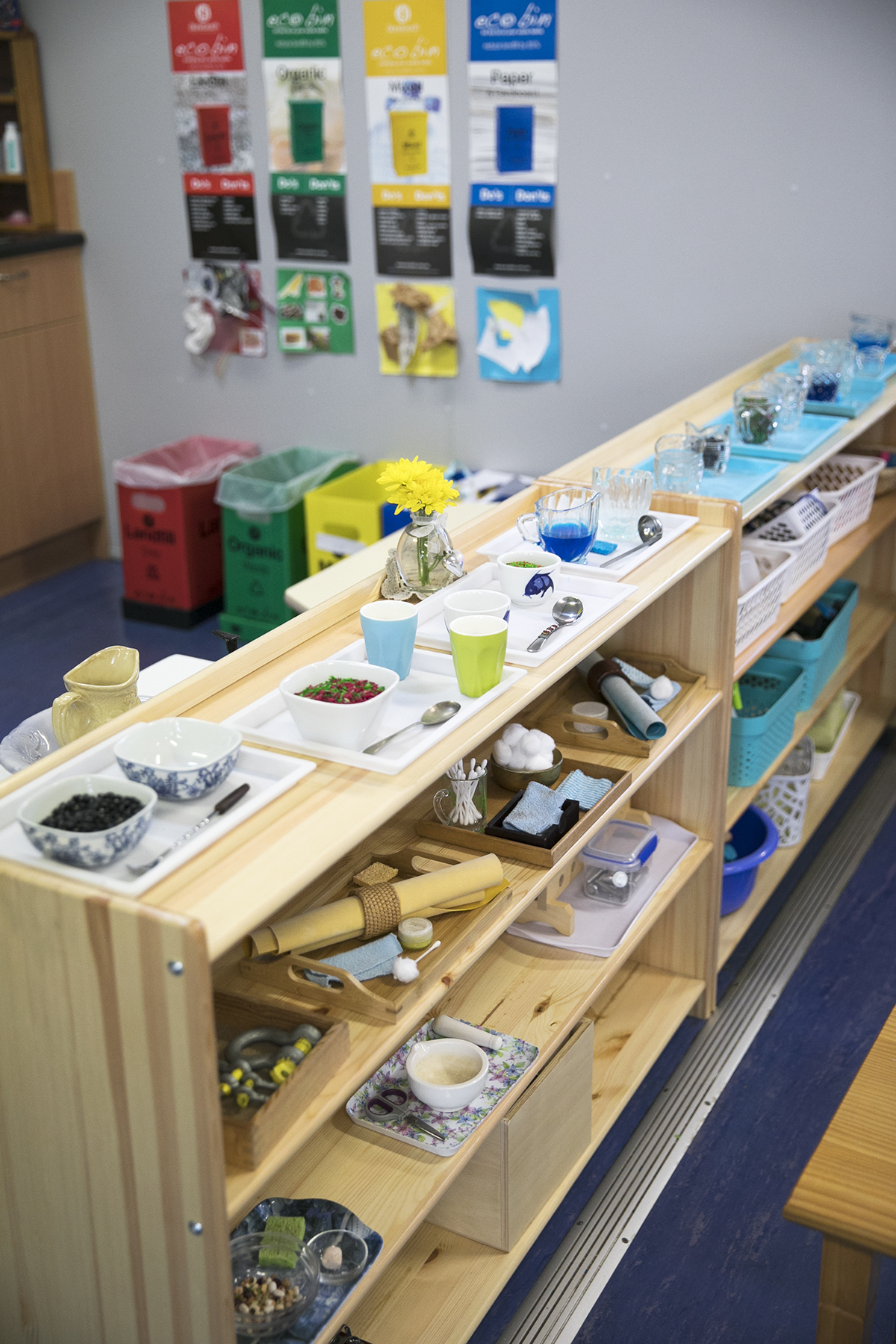
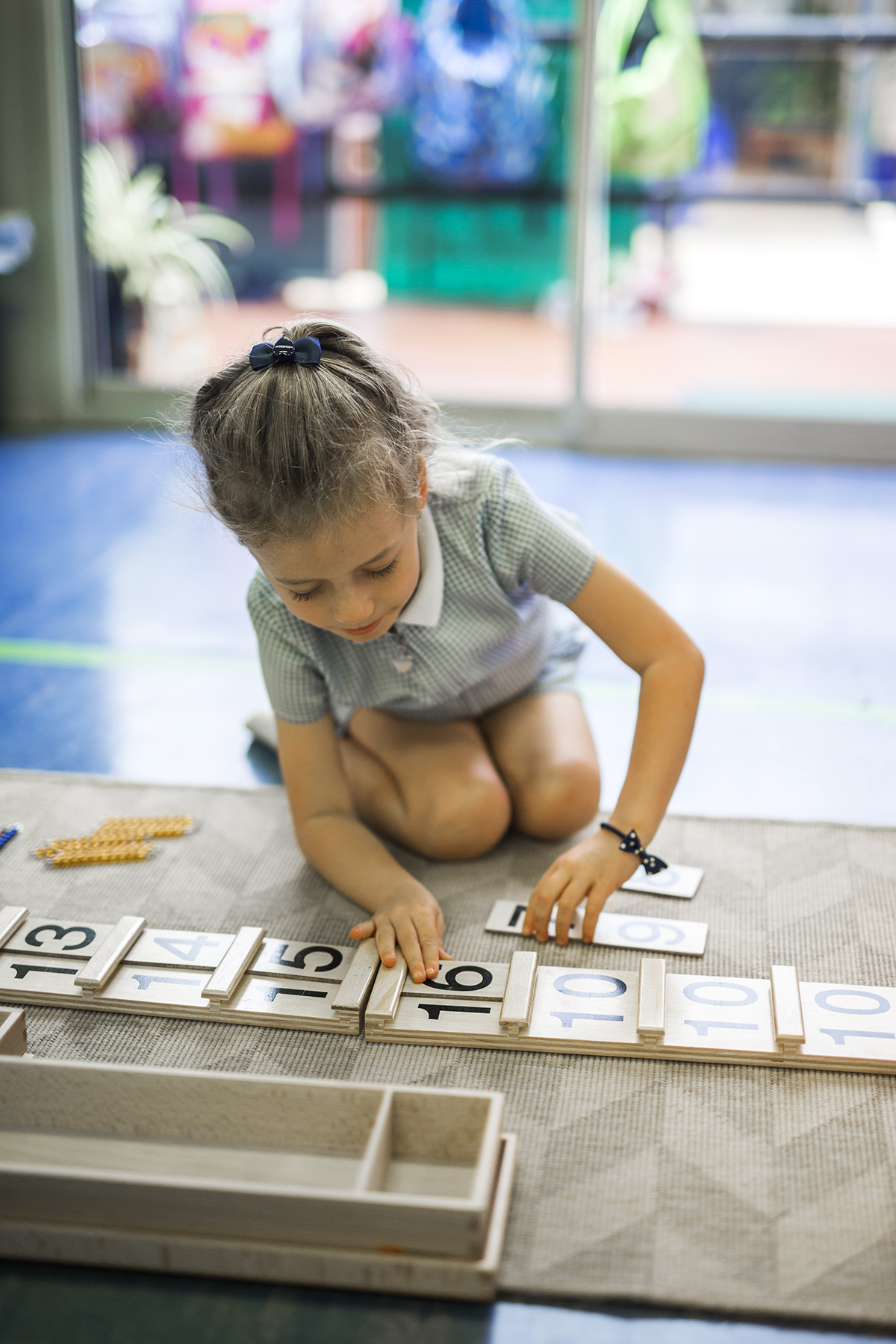
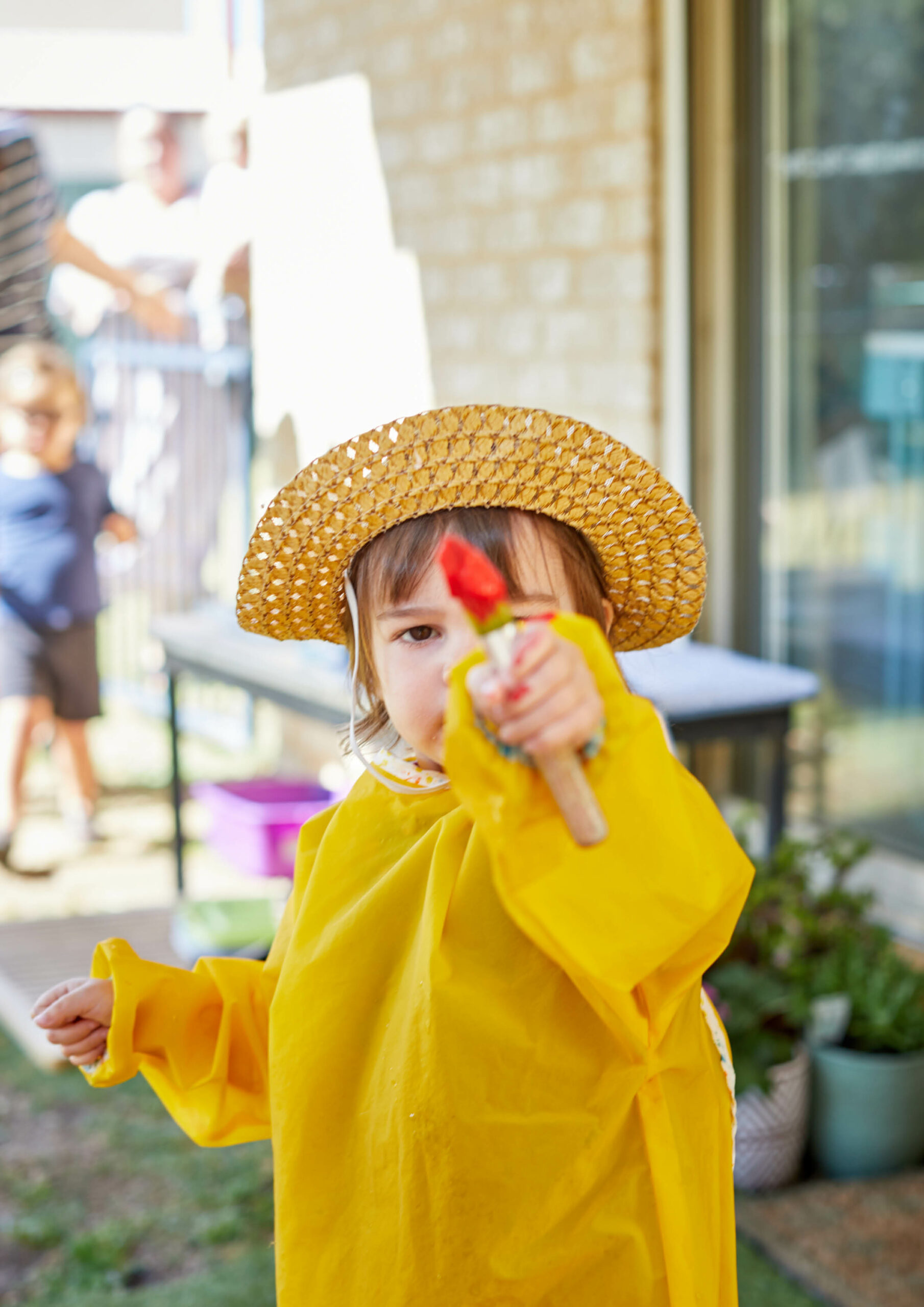
Early Years
0 - 3 Years
Our Infant Toddler Program (Playgroup) is the ideal way for your family to experience the Montessori philosophy and practice, while providing toddlers with a gentle transition to the Children’s House.
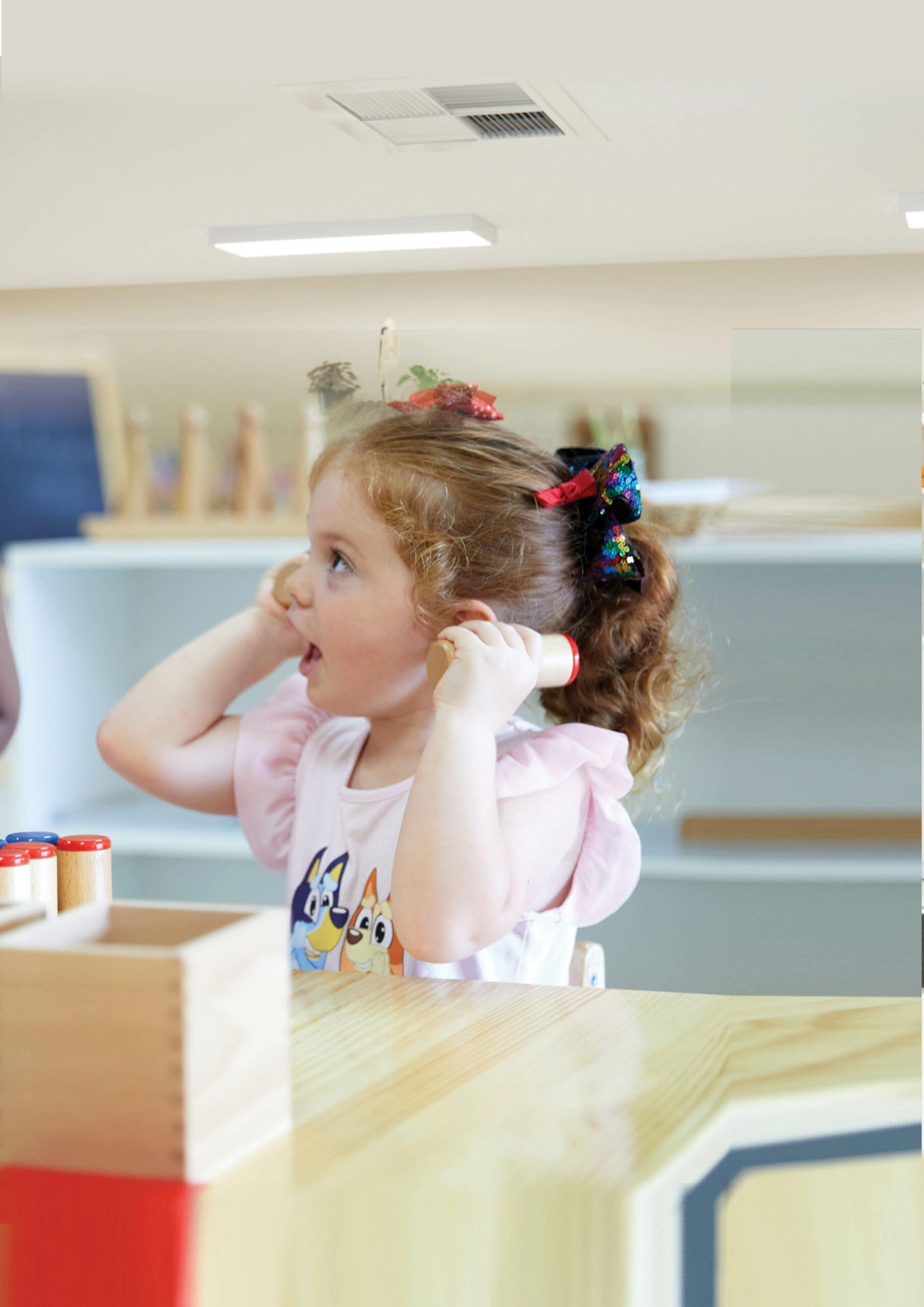
Children’s House
3 - 6 Years
Rockingham Montessori School has three Children’s House classrooms, named Dolphins, Penguins and Seahorse, reflecting our seaside location. Each is led by a dedicated and highly-trained Montessori teacher.
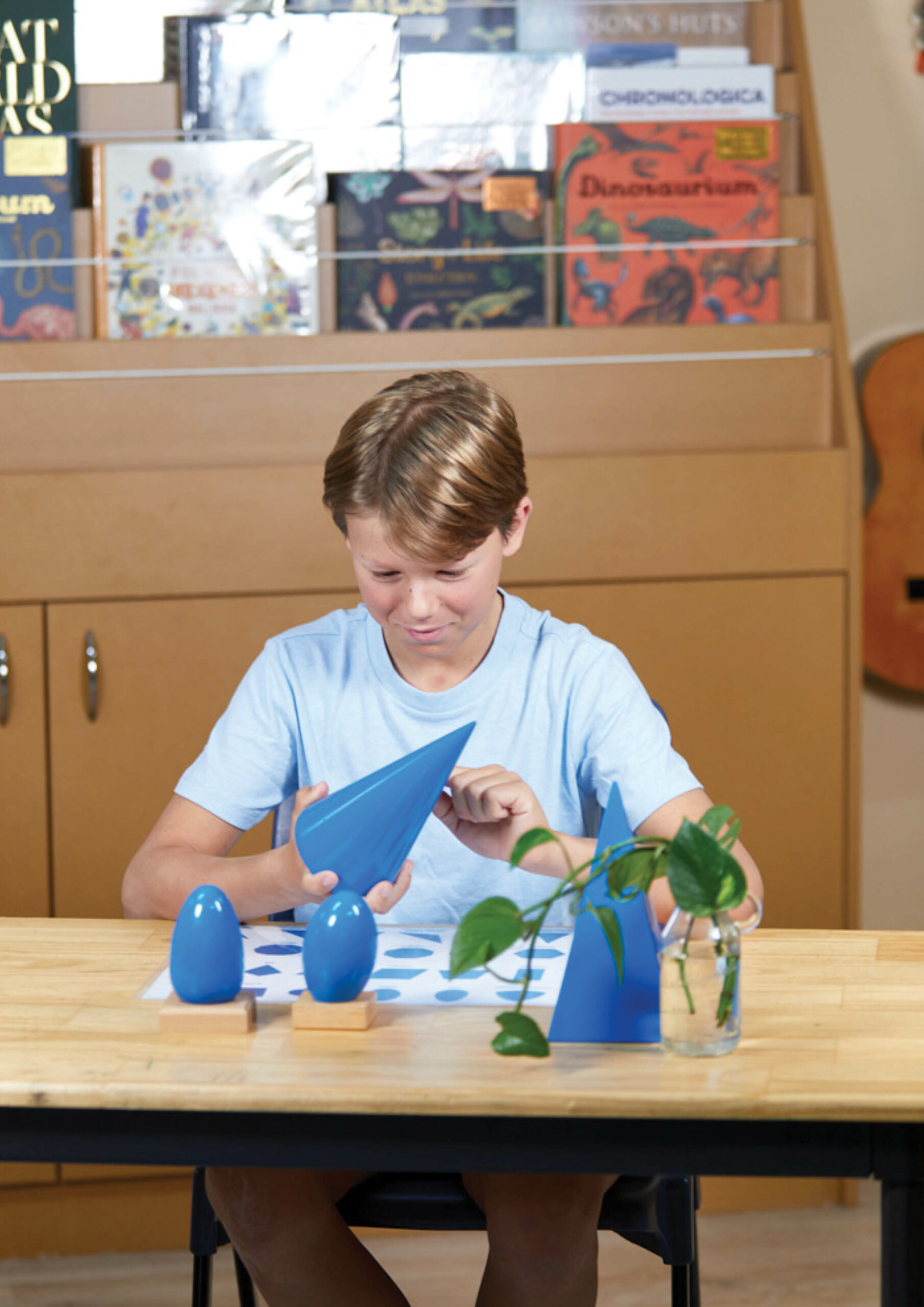
Primary Program
6 - 12 Years
Rockingham Montessori School has three Lower-Primary classrooms: Jelly Fish, Starfish and Sea Lions, continuing our ocean theme. Teachers are Montessori-trained and work with the help of an education assistant.
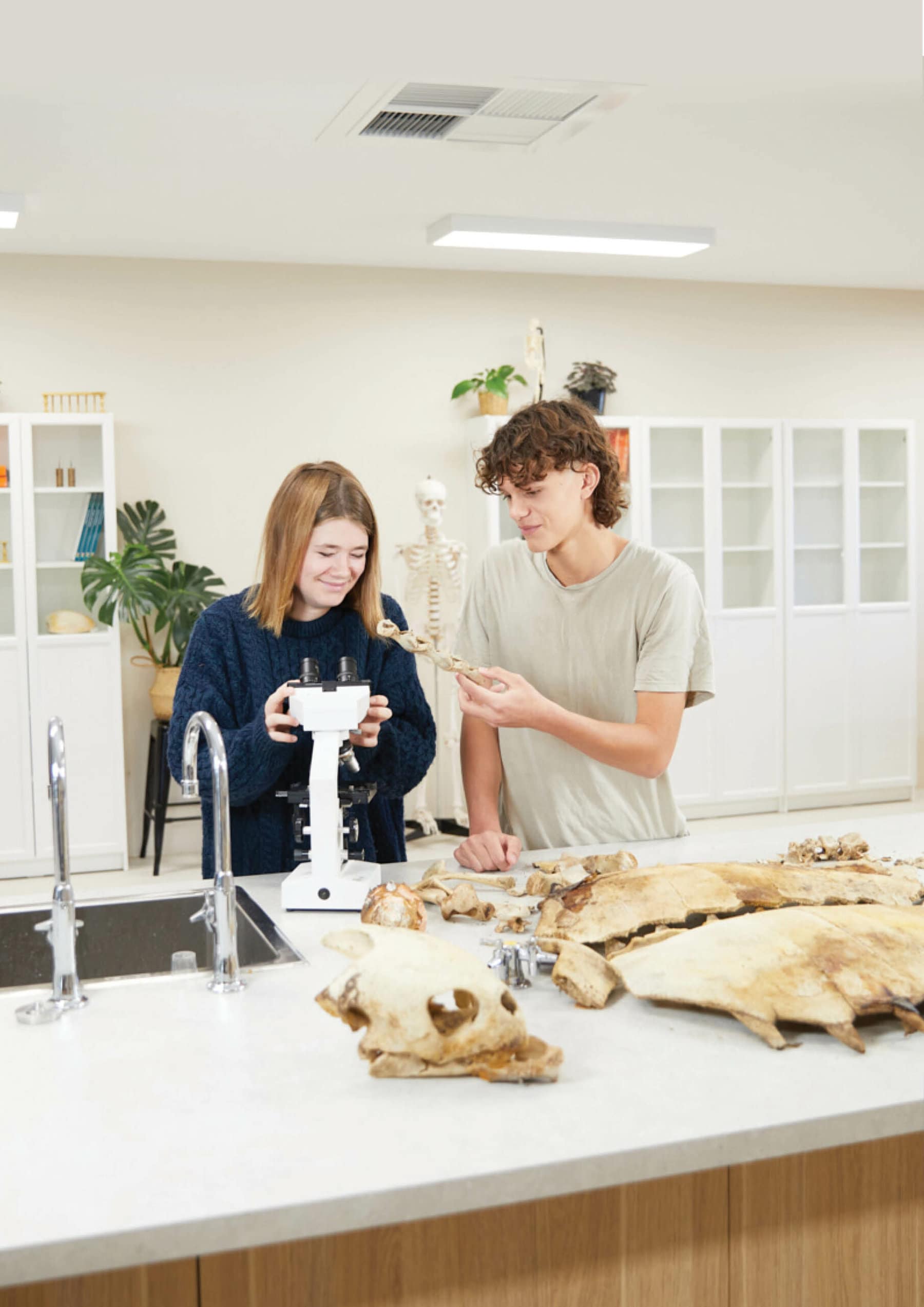
Adolescent Program
12 -18 Years
In Montessori’s third plane of development, from twelve to eighteen years old, the adolescent has a ‘humanistic mind’ eager to understand humanity and the contribution they can make to society.
